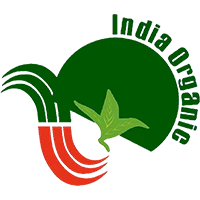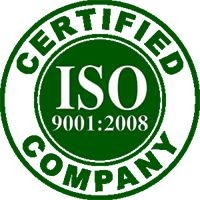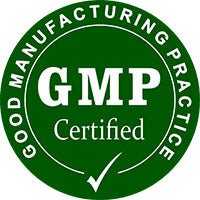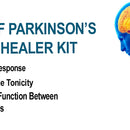Parkinson’s Disease Healer Kit
Regular price
Rs. 9,450.00
Sale







Parkinson's disease is a degenerative disorder of the central nervous system (CNS). The motor symptoms of Parkinsons disease are due to the death of dopamine-generating cells in the substantia nigra that is a region of the mind brain. The cause of cell death is not known. Early symptoms include rigidity, shaking, slow movement, and gait disturbances. Then, cognitive and behavioral issues might develop with dementia, usually arising in the advanced stages of the disease.
Ayurvedic Concept
According to Ayurveda, most of the diseases of the Vata are essentially the conditions of degenerative diseases of the nervous system. Kampa vata is one such condition caused by an imbalance of Vata. The treatment of Kampa Vata consists of both internal and external administration of drugs in different forms aimed to reverse the Vata imbalance.
Ayurveda was found to be an effective treatment for patients with Parkinson's disease. Ayurveda is an ancient Indian system of medicine. It has an integrated approach to the prevention and treatment of illness and tries to maintain or re-establish the harmony between the mind, body, and forces of nature.
Panchkarma in Parkinson
Depending on the stages of the disease, various external therapies combined with Panchakarma treatment are selected. Below are a few treatments used in treating Parkinson's disease.
- Snehana (oleation therapy): can be both internal and external, which is essential in relaxing the muscle rigidity and stiffness in the body.
- Swedana (fomentation therapy): helps in srothoshuddhi (cleansing the affected body parts), stambhanigraha (removes the rigidity or stiffness), relieves gouravata (heaviness) of the body and pacifies vata dosha responsible for the condition.
- Anuvasana basti (medicated enema therapy) and Nasya (installation of medicated drugs into nostrils) help in treating Parkinsonism.
- Shirodhara therapy and shirobasti are among the major external therapies effective in treating Parkinsonism
Diet and Lifestyle Changes
Foods that are to be made a part of the diet regularly are fruits, vegetables, whole grains, seeds, nuts, plant-based foods, and moderate-level foods such as seafood, chicken, and eggs. Food items high in saturated fats, processed foods, large amounts of protein, and iron intake, and foods that are difficult to chew, are to be avoided in case of Parkinsonism. Healthy and mindful eating, regular physical exercise like walking, which also involves hand and leg movements, sound sleep, meditation, and pranayama (breathing exercises) are very essential in Parkinsonism.
Benefits



































































































